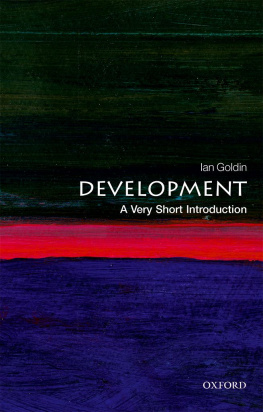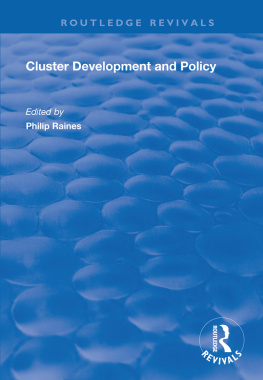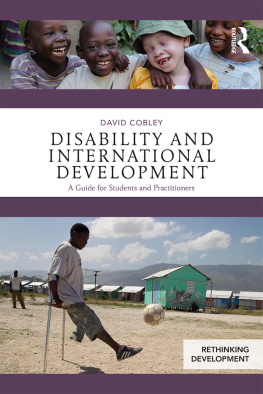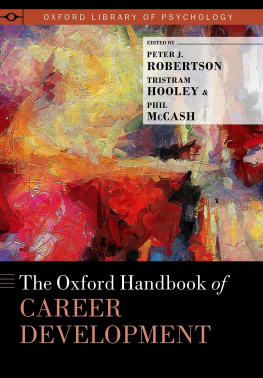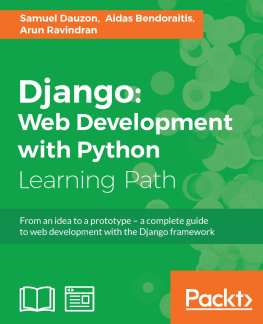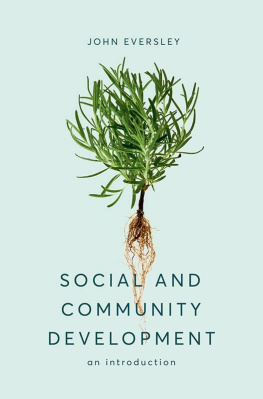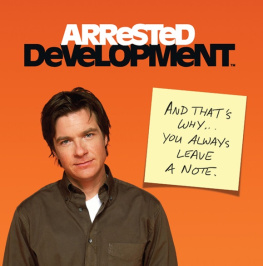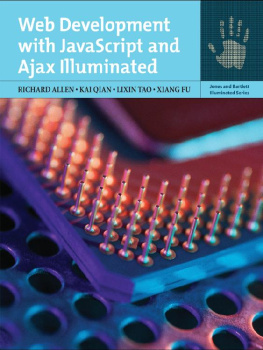THE BIG CATCH
A Practical Introduction to Development
A. F. Robertson
First published 1995 by Westview Press
Published 2018 by Routledge
711 Third Avenue, New York, NY 10017, USA
2 Park Square, Milton Park, Abingdon, Oxon OX14 4RN
Routledge is an imprint of the Taylor & Francis Group, an informa business
Copyright 1995 by A. F. Robertson
All rights reserved. No part of this book may be reprinted or reproduced or utilised in any form or by any electronic, mechanical, or other means, now known or hereafter invented, including photocopying and recording, or in any information storage or retrieval system, without permission in writing from the publishers.
Notice:
Product or corporate names may be trademarks or registered trademarks, and are used only for identification and explanation without intent to infringe.
Library of Congress Cataloging-in-Publication Data
Robertson, A. F.
The big catch: a practical introduction to development/A.F. Robertson
p. cm.
Includes bibliographical references.
ISBN 0-8133-2521-8 ISBN 0-8133-2522-6 (pbk.)
1. Economic development. 2. Economic developmentSocial aspects
I. Title.
HD75.R633 1995
338.9dc20
95-20155
CIP
ISBN 13: 978-0-8133-2522-4 (pbk)
Contents
Many people have had a hand in shaping and reshaping these materials, but none of them can be blamed for its imperfections. My original and most prominent debt is to Professor Valpy FitzGerald, now at Queen Elizabeth House, Oxford University, and the Institute of Social Studies at The Hague. The evolution of the exercise has depended on the enthusiasm and good sportsmanship of students from some seventy countries around the world. Three recent players, Laura Aid-rich, Juan Gamella, and Stephen Murray, made notable contributions to the logic and editing of this version of the exercise. For technical assistance in composing this edition, I am especially grateful to Douglas Morgan for inspecting the economic rationales, to Al Ebeling for specifying the form and habits of Goleta bonita, and to Brian Fagan for a memorable guided tour of fishing vessels. The map and most of the diagrams and logos were drawn by Dirk Brandts, a graphic artist with a real talent for entering into the spirit of the fiction. Francesca Bray has lived with me and my fantasies for many years, reading, advising, challenging at all stages. My sincere thanks to them all.
A. F. Robertson
Arcadia, like most other modern countries, uses the metric system.
A yard is a little short of 1 meter, and there are 1,609 meters to the mile. A kilometer is about three-fifths (0.621) of a mile, or 1,093 yards. To convert kilometers to miles, a simple rule is to multiply by 5 and divide by 8.
A pound is a little less than half (0.454) of a kilogram.
A metric ton of 1,000 kilograms is 205 pounds heavier than a standard U.S. short ton of 2,000 pounds. The metric ton, however, is 35 pounds lighter than the British standard long ton of 2,240 pounds.
Alert mathematicians will note that the working year in these documents consists of fifty weeks. This follows the conventional assumption that Arcadians take a day off now and then.
Coastal Villages Brace Themselves for Transformation
The citizens of Alpha and Beta in Kappa District assembled yesterday afternoon to hear proposals that would change their lives completely.
A three-man delegation from the Central Planning Commission submitted themselves to a barrage of questions from an excited crowd gathered on the soccer pitch at Alpha.
In the same arena the previous night, the two communities faced off in the annual soccer derby. Beta gave Alpha a 3-1 drubbing. Passions were still running high.
The crowd heard proposals to buy new fishing boats and build a harbor. If plans are approved, the villages will soon be producing five times more fish, bringing a flow of cash to these very poor villages.
Who should get their hands on this windfall was the subject of strenuous discussion. Two men were taken into custody for unruly behavior.
Plans for Alpha and Beta will now be passed to the new development think tank set up by the President earlier this year. The task of SPAC the Special Projects Advisory Committee is to bring a touch of common sense to regional development efforts in Arcadia.
The government hopes that this showpiece project will become a model for other communities along the Arcadian coast.
Welcome to the literal reality of the Alpha-Beta project!
Here is an opportunity to come to grips with the practical issues confronting planners and ordinary people in the pursuit of economic and social development.
The government of Arcadia proposes to modernize the fishing fleet in two coastal communities and build a factory that will produce frozen fillets for the national and export market. The Planning Commission is now asking its Special Projects Committeeof which you are a member to decide whether the plan should go ahead and, if so, how it should be implemented.
What will happen to the old fishing boats, and who should own the new ones? Will local rivalries and vested interests jeopardize the success of the project? Will women be winners or losers? What does development actually mean to everyone involved, from the president of Arcadia to local teenagers, and to you?
The Alpha-Beta project weaves a wide range of ideas and experiences from around the real world into a vivid, synthetic case study. Its voices draw you into current arguments about the meanings of progress, inviting you to take a stand on how change should be organized and who should benefit.
This case is a complete fiction: It is not modeled on any particular country, organization, community, project, or person. Of course, the purpose of the book is to make the fiction seem as real as possible, and to that extent aspects of numerous real countries, organizations, communities, projects, and persons have found their way into these documents.
The Alpha-Beta project dates back more than twenty years to teaching in development studies at Cambridge University. With my colleague E.V.K. FitzGerald, I developed an exercise that brought economic and social considerations together in a group decisionmaking game extending over several sessions. Our diploma and master's candidates were mainly senior administrators from countries as diverse as India, Samoa, Nigeria, and Mexico. They were the most alert and demanding of students, and the early editions of the exercise were put through some vigorous tests of plausibility and performance.


